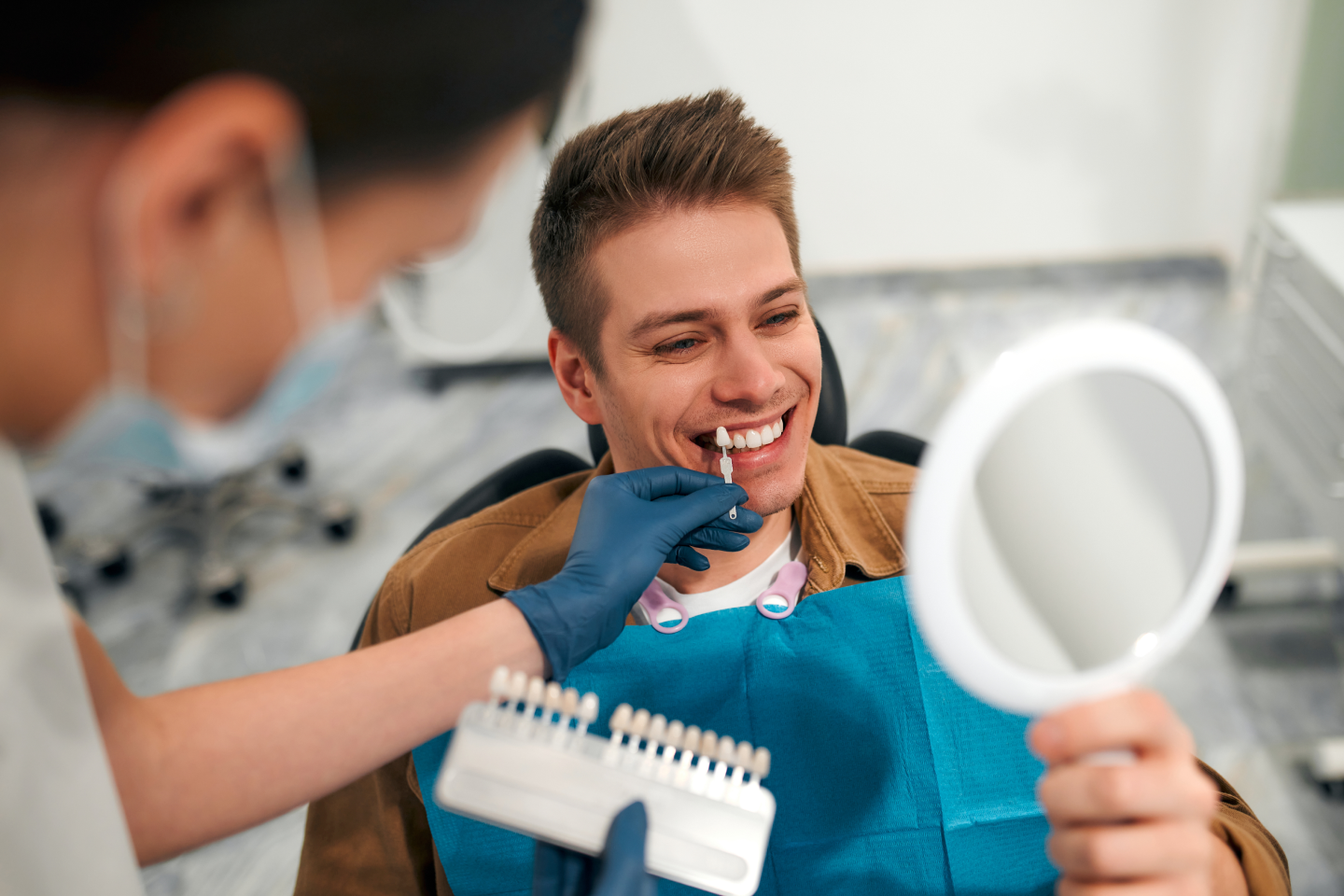The Importance of In-Office Dental Hygiene: Safeguarding Your Oral Health
Maintaining excellent oral hygiene is crucial for a healthy smile and overall well-being. In-office dental hygiene plays a significant role in preventing and treating gum disease, a prevalent condition that affects millions of Americans. In this article, we will explore the impact of gum disease on American society, how to monitor and treat early-stage gum disease, and the vital role of a professional dental hygiene appointment in maintaining optimal oral health.
The Impact of Gum Disease on American Society
Gum disease, also known as periodontal disease, is a widespread oral health issue in the United States. According to statistics from the Centers for Disease Control and Prevention (CDC), nearly half of American adults aged 30 and older have some form of gum disease. It is not only a concern for oral health but also has far-reaching effects on overall well-being. Studies have linked gum disease to various systemic conditions, including heart disease, diabetes, respiratory issues, and adverse pregnancy outcomes.
Monitoring and Treating Early-Stage Gum Disease
Early detection and intervention are key to preventing the progression of gum disease. Regular dental check-ups are essential for monitoring oral health and identifying signs of early-stage gum disease. During these visits, your dentist or dental hygienist will perform a comprehensive examination, including periodontal evaluations, to assess the health of your gums. This evaluation involves measuring the depth of the spaces between the gums and teeth (periodontal pockets) to identify any signs of inflammation or infection.
Preventing Advanced Gum Disease
Prevention is always better than treatment when it comes to gum disease. Adopting a proactive approach to oral hygiene can significantly reduce the risk of advanced gum disease. Here are some essential preventive measures to incorporate into your daily routine:
- Brushing: Brush your teeth at least twice a day with a fluoride toothpaste, using gentle, circular motions to clean all tooth surfaces.
- Flossing: Clean between your teeth daily using dental floss or interdental cleaners to remove plaque and food particles that brushing alone may miss.
- Healthy Diet: Maintain a balanced diet that includes plenty of fruits, vegetables, lean proteins, and whole grains. Limit sugary and acidic foods and beverages, as they contribute to gum disease and tooth decay.
- Avoid Tobacco: Smoking and tobacco use increase the risk of gum disease and hinder the healing process. Quitting or avoiding tobacco products is crucial for maintaining healthy gums.
Professional Dental Hygiene Appointment
A professional dental hygiene appointment is a vital component of preventive care. During this appointment, a dental hygienist will thoroughly clean your teeth, including removing plaque and tartar buildup, both above and below the gumline. They will also polish your teeth to remove surface stains and provide a fresh, clean feeling. Furthermore, the dental hygienist will offer personalized oral hygiene instructions and tips to improve your at-home care routine.
Conclusion
In-office dental hygiene plays a crucial role in preventing and treating gum disease, which has a significant impact on American society. By monitoring and treating early-stage gum disease and adopting effective preventive measures, individuals can maintain optimal oral health and reduce the risk of complications. Regular professional dental hygiene appointments, combined with diligent at-home oral hygiene practices, form the foundation for a healthy smile. Embrace the importance of in-office dental hygiene and prioritize your oral health to enjoy a lifetime of confident smiles and overall well-being.





